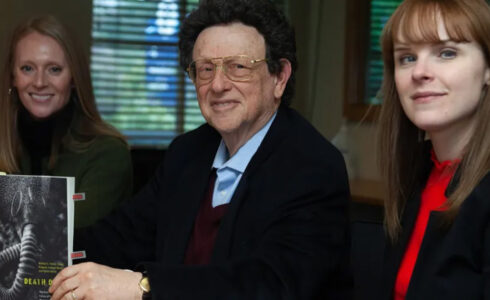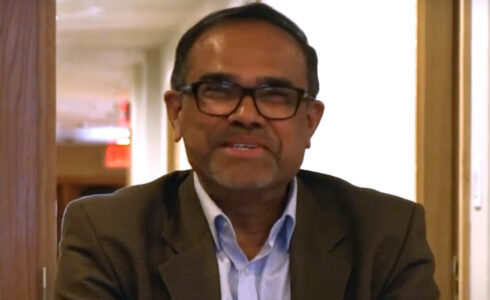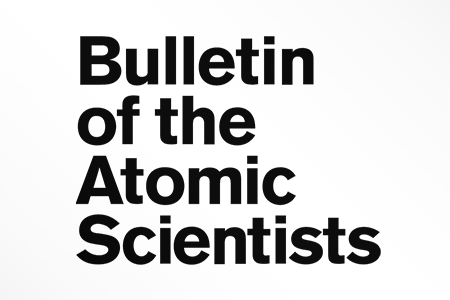
This seminar focuses on the findings of the recently published book “Death Dust: The Rise, Decline and Future of Radiological Weapons Programs.”

The seminar showcased the wide range of CNS expertise and its collaborative relationships with industry.

This video features discussions on the nuclear issues in North Korea with a short discussion of Iran.

Podcast: CNS expert Hanna Notte is interviewed on the podcast, Thinking the Unthinkable with Ankit Panda.

Video of a seminar with T.V. Paul.

Western governments would do well to incentivize and assist market players protecting their conversion and enrichment supply chains until new capacity can be added.

The situation on the Korean Peninsula is more dangerous than it has been at any time since early June 1950.

With multiple compromises on the perimeter, as well as poorly placed guard towers, the Shinkolobwe mine is not as secured as it should be.

Despite attempts to ban radiological weapons, challenges persist in achieving consensus, highlighting the necessity for global collaboration, legal restraints, nonproliferation commitments, and public education to deter their proliferation.